- First of all could you provide us with some basic information such as your place of birth and some information from your childhood?
I was born and raised in Athens, Greece, and from my early years I fell in love with three things: science, math and basketball! I was lucky to have amazing teachers in middle- and high-school that taught me how to first of all understand concepts and then apply them to solve problems. I got into the School of Mechanical Engineering of the National Technical University of Athens in 1998, from where I received my Diploma in 2003 and my Ph.D. in Mechanical Engineering in 2009.
- When and why did you decide to study abroad and choose this field of expertise?
At the age of 21, during my third year of my undergraduate studies, I was first exposed to the concepts of Automatic Control. I was amazed by the idea, according to which, a mathematical description of a physical system can help you understand and predict how the system behaves dynamically to external forces, as well as the ability to manipulate the input to the system to change its behavior and response. As I now teach my undergraduate students the same concepts, my excitement is even bigger. This excitement led me to work on robotics and automatic control. During my Ph.D. studies in Greece, I was lucky enough to work in a really revolutionary research project on neuro-robotics, funded by the European Union in the period of 2004-2009. This project allowed me to work in many research labs in Europe and the United States. I got to know first the academic system in the United States during one of my visits as researcher in Brown University in 2007. At that moment, I decided to pursue an academic career that combines my desire for research with the joy of teaching.
- You are the director of the Human-Oriented Robotics and Control Lab. What is your main goal in this lab?
Since 2011, I am an Assistant Professor in the School of Mechanical and Aerospace Engineering, in the Arizona State University, where I direct the Human-Oriented Robotics and Control Lab. Currently, I mentor a team of 15 graduate and undergraduate students and researchers that work on interaction and control interfaces between humans and robots.
- What is your current research focus?
As robots have been increasingly receiving attention during the last decades, their efficient and safe interaction with humans is of utmost importance. The mission of the HORC Lab is to improve the quality of life by developing and controlling robotic devices that physically and cognitively interact and collaborate with humans. This interaction can be with robots that assist and augment human capabilities, as well as provide motor rehabilitation therapy to impaired individuals.
- We recently read about your research on how to control multiple robotic drones using the human brain. Can you give us some details?
There has been a lot of work on neural control of prostheses in the past, and in fact we have demonstrated in the past highly dexterous control of a robotic arm using electromyographic signals (see video). The human brain is however wired to control artifacts that resemble human limbs. The complexity of a system that requires the brain to activate areas to control robotic artifacts that do not resemble natural limbs, in our cases a swarm of drones, is significant and, so far, unexplored. Until a few months ago, nobody knew that specific brain areas can be activated when someone observes collective behaviors of swarms. The fact that the brain can adapt to output control actions for a swarm of multiple robots is fascinating and quite useful for human-robots interaction. We recently succeeded in extracting information from the brain via electrical signals we can record through ElectroEncephaloGraphy (EEG) and relate that information to control variables for a swarm of aerial robots. In other words, our system allows a human to think about desired behaviors for a robotic swarm, and the swarm to execute those commands in real-time.
- How difficult is for the user to control the drones by thinking about it and what is the next step?
The user has to be trained for about 30 minutes, in order to learn how to relate his/her brain activation to the desired control variables of the swarm. After this, the user is able to control formation, density and other collective behaviors of the swarm through those brain signals. The next step is to be able to control multiple vehicles with multiple people, and also the swarm of robots to be hybrid, i.e. both ground and aerial vehicles.
- Do you follow the news about Greece?
I follow the news about Greece, mainly through the internet, from both Greek and foreign sources.
- Would you consider returning back to Greece in some point? We all know the difficulties researchers face in our country
Greece offered me a very high quality of education, for free, and I always feel indebted to Greece about this. I left Greece and started my research and academic career in the United States because there were no opportunities to do so in Greece at the time I graduated with my Ph.D. On the other hand, the academia in the United States, although very competitive and challenging, offers a plethora of opportunities and resources to conduct the research I am passionate about. At the moment, I want to continue my research in the United States. However, I would consider returning to Greece if opportunities arise and serious investments in education, research and technology are made.
- What does Greece mean for you?
Greece is my birthplace and the most beautiful country in the world, in my opinion. It’s the place where my nostalgic thoughts of childhood get flesh and bones. Greece means relatives, friends, vacation, a place to relax and rejuvenate for me.
- If you could address a question to all Greeks, what would you like to ask them?
I don’t have a question but I do have a suggestion. As an academic, I live and interact with hundreds of young people in my everyday life, in a challenging and fast-pacing environment. I see firsthand how rewarding is to do something that can change the way future generations live, think and innovate, because this describes our time-limited commitment to humanity. Therefore, my suggestion to all Greeks, and especially those of my age, is not to let a financial crisis become social and moral; live to become better and to innovate, and do not let pessimism destroy the commitment and responsibilities of our generation.
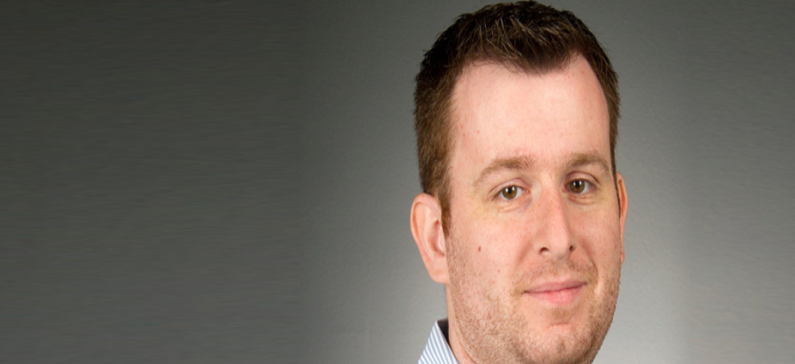



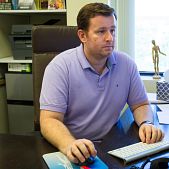
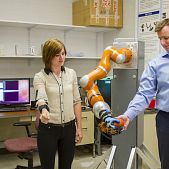
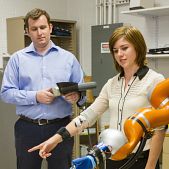
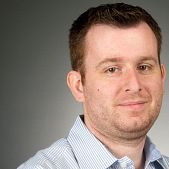
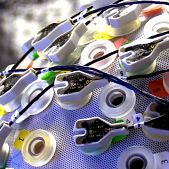








Δημήτριος Μαζωμένος
-09/03/2018 9:04 am
Θαρσείτω τοίνυν λαός ενδόξών προγόνων!
Ηλίας Θεοδώρου Κάλλης- Λυκόβρυση-Αττικής
-21/08/2018 8:06 pm
Μετά την οικογένεια σου σε καμαρώνουμε και εμείς οι φίλοι της οικογένειας Αρτεμιάδη. Να είσαι πάντα καλά με υγεία και πολλές επιτυχίες